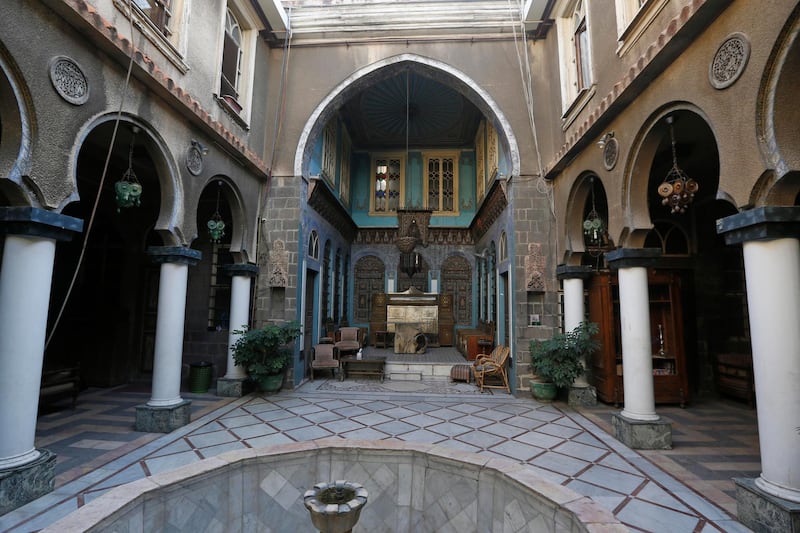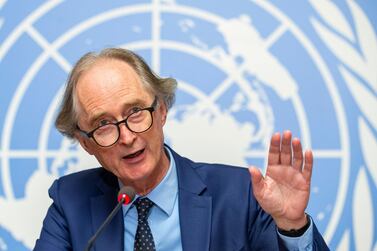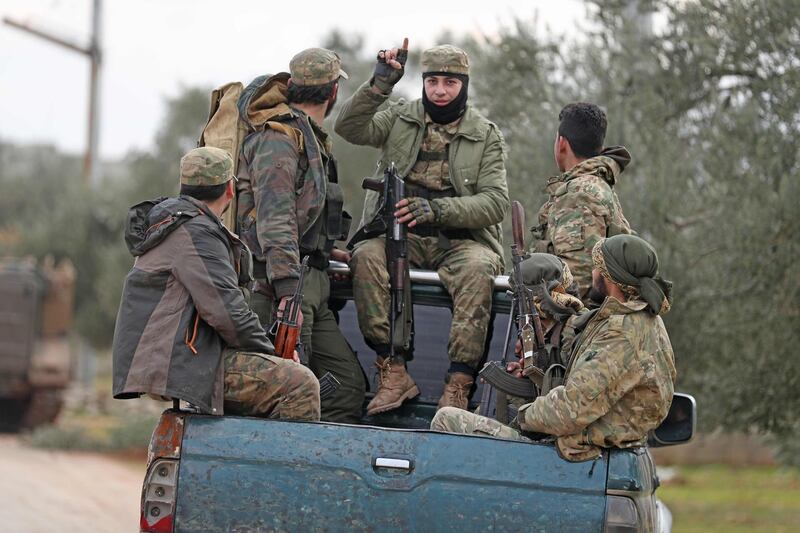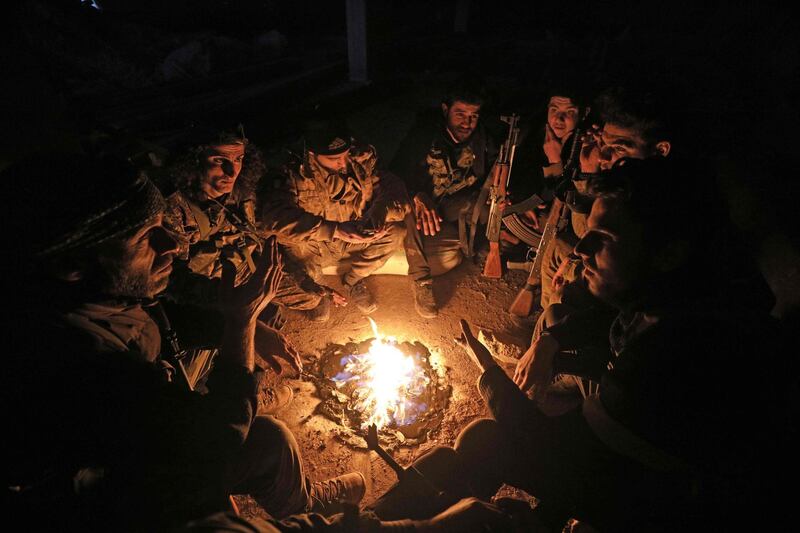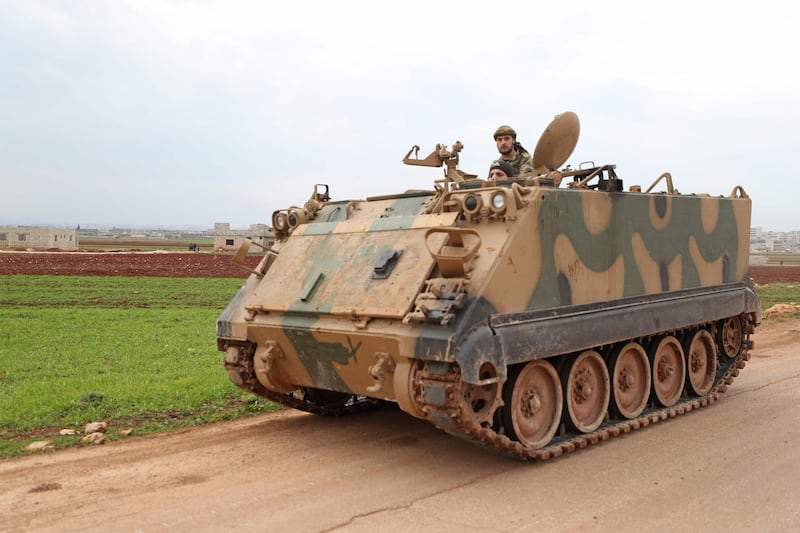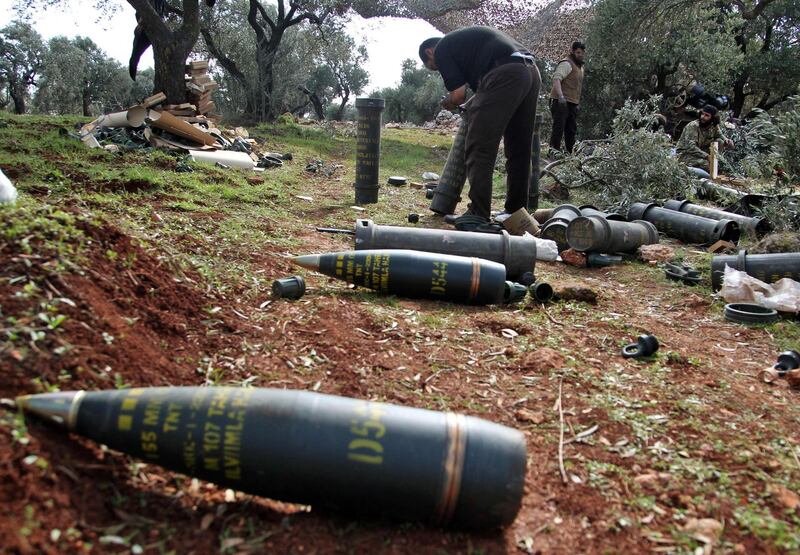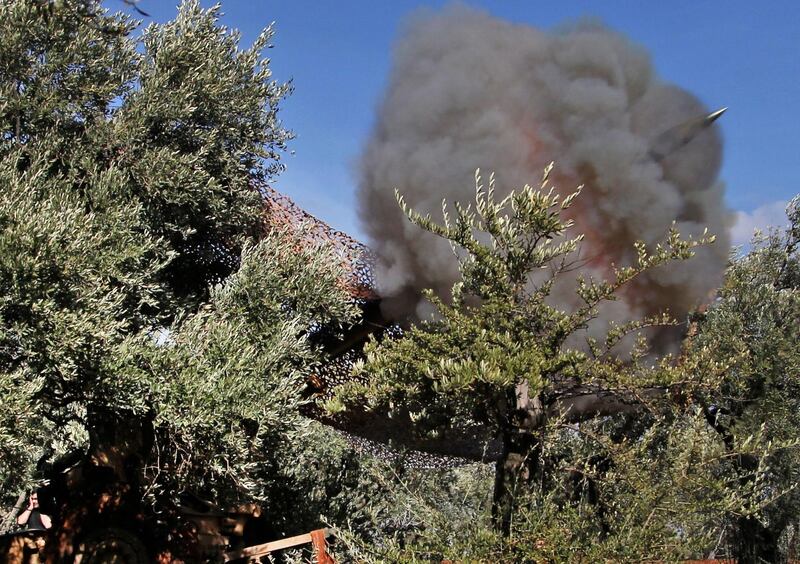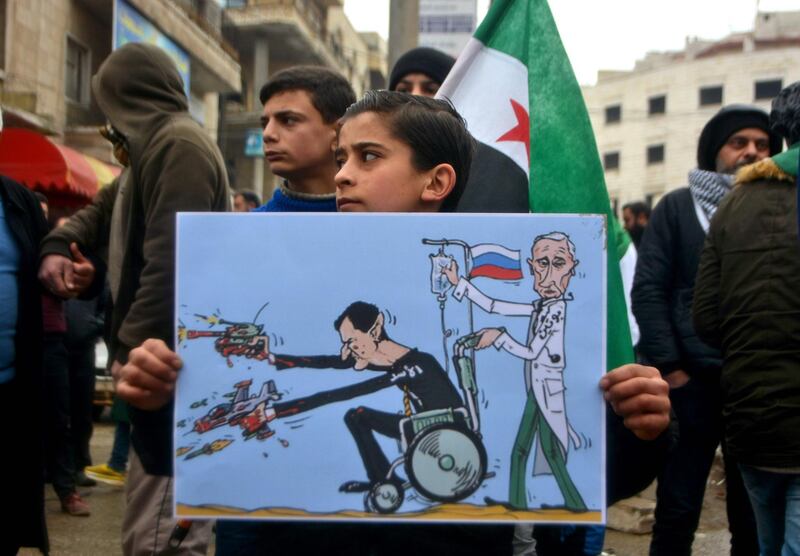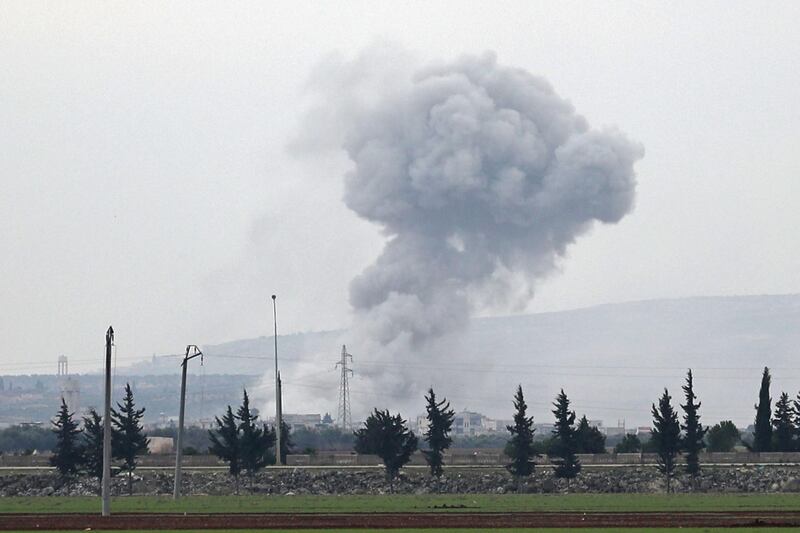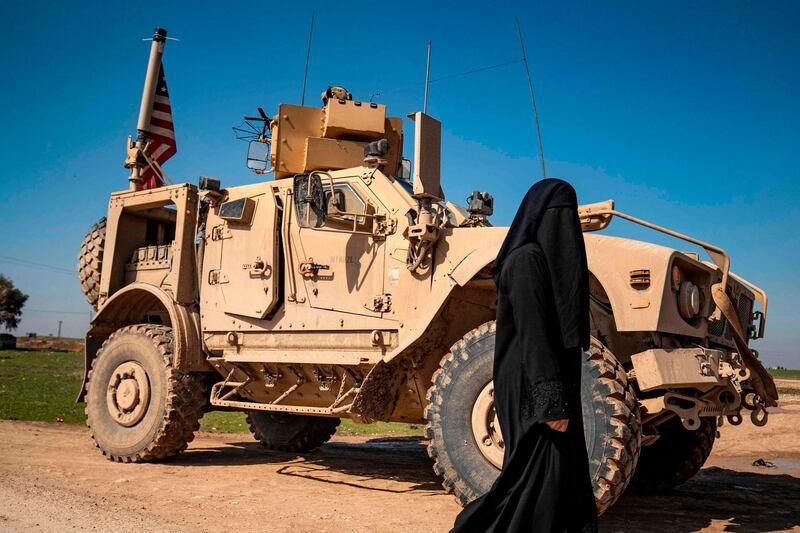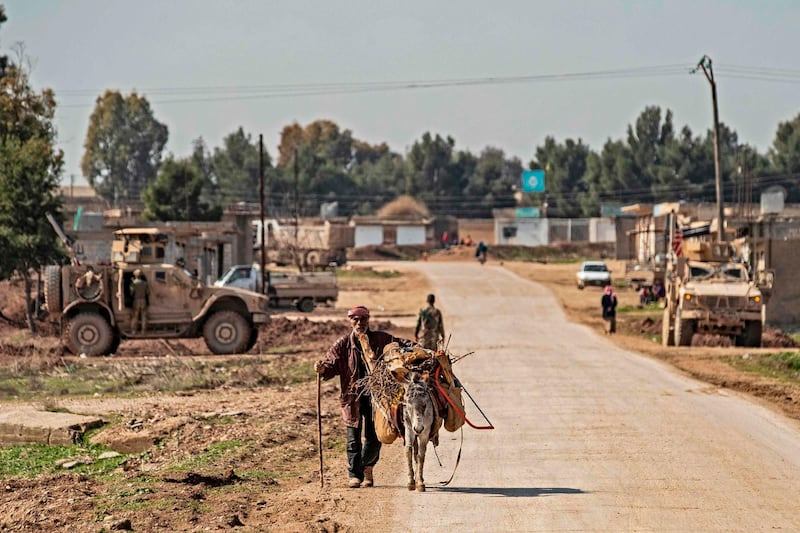Syria, where my roots lie, has a rich heritage dating back to the third millennium BC. It has made headlines for the wrong reasons since 2011, but beyond the fog of war lies a beautiful country with a staggering media presence and a new generation of tech-savvy minds eager for change.
I have come to realise this on several visits to the country to pursue a personal project. As a third-culture individual based in the UAE, and with professional and cultural ties to Europe, Middle East and South-East Asia, I have always been on a quest for a homeland. And I have begun to understand and appreciate Syria for what it is since I returned in 2019 for the first time since the war broke out.
The pandemic threatened to put my trips there on hold. But last November, equipped with my negative PCR test report and a round-trip ticket from Abu Dhabi to Beirut, I arrived at Rafic Hariri airport, where the even immigration officer was surprised that I was transiting to Syria.
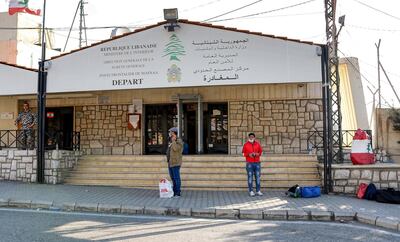
When I arrived by car to the Syria-Lebanon border, I crossed the kilometre-long no man’s land between the two countries. My facemask became wet with the tears rolling down my face as I reached the Syrian frontier – a crossing point where many dreams have been crushed, families separated and promises broken.
I was then driven to Damascus, where I was greeted with pitch-black streets and the odd building that had electricity. The five-star hotel I checked into moments later seemed so disconnected from reality.
The first of the artists I met for a project I am working on was Mustafa Ali, a renowned sculptor who runs a gallery on Al Ameen Street. Mustafa’s conservative neighbours initially criticised his sculptures as “idols” and boycotted his gallery, but he eventually persuaded them to accept his work’s artistic value. He organised an exhibition that filled the streets of the neighbourhood of Al Shaalan with easels, paint, colours, students, musicians and curious onlookers.
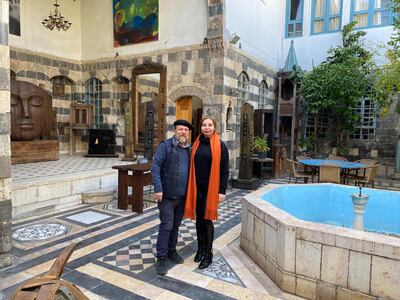
Mustafa invited me to a lecture he organised at Damascus University to talk about the value of art. The young and inspired minds had a great thirst to connect with the outside world. Yet they stared at me, as a visitor, as though I was an alien.
I don’t blame them for their pessimism. Ninety per cent of Syria’s population lives in poverty, according to the UN’s latest figures. In a country where 11 million people need assistance just to survive, many depend on multiple sources of income. The reality on the ground was stark as I often drove past long queues at petrol stations, and longer ones at bakeries.
“It’s called a ‘smart card’. But really, it’s a stupid card,” my friend said one day, describing the ration card provided to her by the government, to buy everything from groceries to gas cylinders at subsidised rates. People have to wait their turn to get their supplies. “We are at number 725,” my friend said.
When a PCR test costs $100, as it does in Damascus, it is no surprise that Covid-19 is of less priority when compared to the country’s myriad other crises.
I later met Sami Moubayed of the Damascus History Foundation, an NGO dedicated to preserving the historical records of the capital. Dr Moubayed founded it in 2017 after discovering that a wealth of manuscripts, documents and photographs dating back to 1860 were being kept in storage facilities in the outskirts of the city, left neglected and vulnerable to bombs and, on better days, rats. The foundation has since expanded its purview to award young people for their historic projects, organise seminars and maintain an online platform to showcase photographs, audio-visual materials, academic articles and other things.
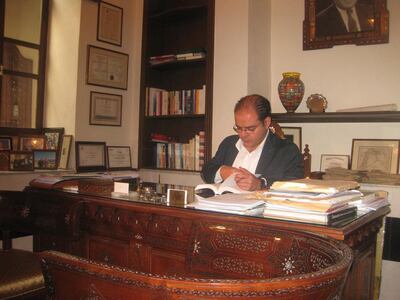
I then walked to what remains of Bab Touma, one of the seven gates that sealed Old City, built during the time of the Roman Empire. There, I met the photographer Antoun Mazzawi and his partner, an artist named Tamar Shahinian, who does digital embroidery on Mazzawi’s photographs. We walked around the Old City searching for knockers on old doors. Mazzawi would catalogue these door knockers and publish their photographs without sharing their locations to protect them from theft, given their considerable worth. One knocker includes a figure of a hand symbolising the worship to Jupiter, which dates back to 200 AD. Its base depicts the sun, and on the top sits a fig leaf. Many of the knockers carry a Christian cross, and many others carry a flower that was added later during the introduction of Islam. To walk through the Old City is to be reminded that Syria has long been blessed with multiple religions. This is truly, in one sense, an elevated land.
Despite its rich heritage, it is the stories of the conflict and its impact that we hear about more often. Posters of crying children with a call for action to donate bags of flour, blankets and medical supplies are important. But the world also needs to know about Andre Maalouli, director of the Damascus Opera House, and his mission to bring peace through music. It needs to sway to the music of Taher Maamelli. It needs to wander about the distillery land of Roula Ali Adeeb and immerse itself in the essential oils and waters she distils from flowers and herbs. It needs to know that there is a fleet of computer engineers, programmers, illustrators, graphic designers and animators who work online and submit projects globally under anonymous names to make a living. Why don’t they make many headlines?
I was in a coffee shop with a friend making this point when the power went out. I looked around to see that life hadn’t stopped. I could hear chatter, laughter and clinking glasses. When the lights came back on, I was the only one to applaud. Syrians are resilient. So much has happened that nothing can break their spirit.
I packed the frozen makdous – stuffed eggplant with walnut and paprika – that my aunt insisted I take with me (an act of love, this insistence) and left Damascus with a heavy heart.
But when I returned to the no man’s land on my way to the Lebanese border, I was alone but felt at peace. I felt rooted – like I belonged.
As I made my way back, my mind wandered to a balcony at my friend’s house in the neighbourhood of Mezzeh, which overlooked two jasmine and lemon trees. If these trees survived this turmoil, I thought, so would my 17 million fellow Syrians.
Maysoon Barber is an expert in social enterprise innovation and the executive director of Fatima bint Hazza Foundation in Abu Dhabi
